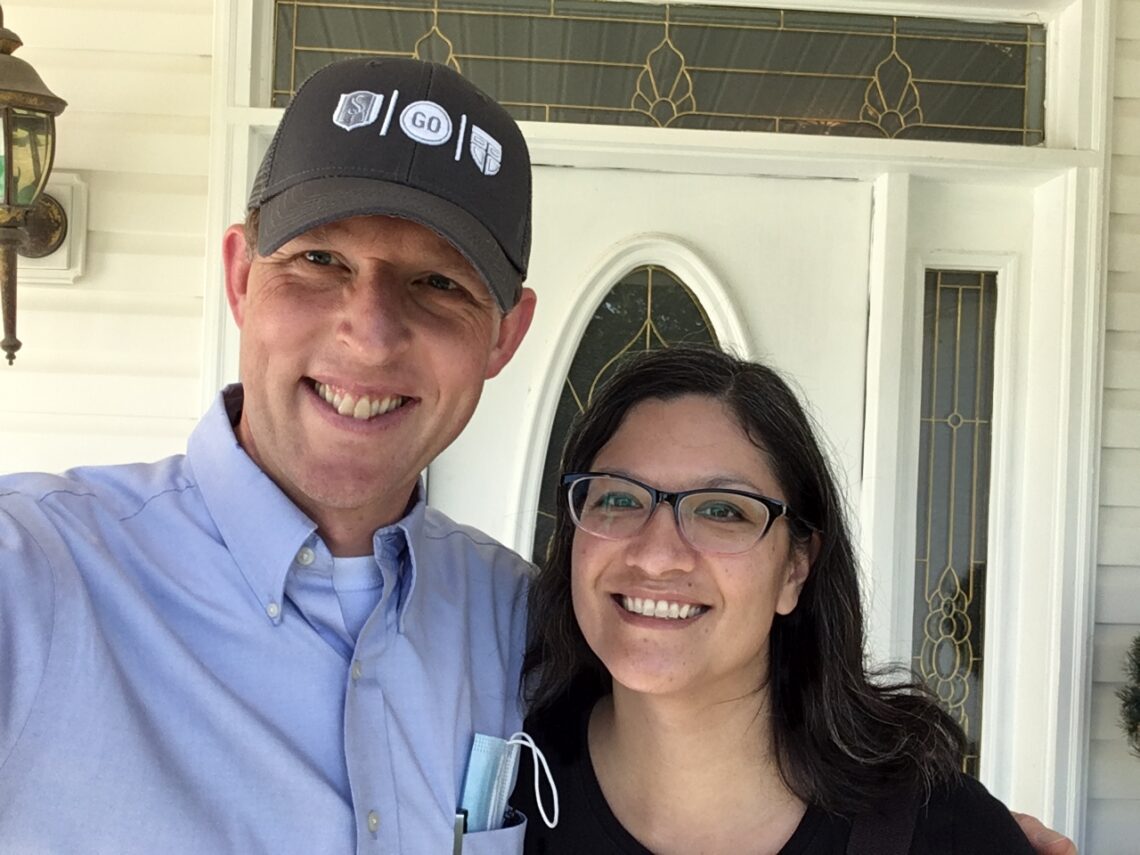According to our common sense, we know things about the world from ordinary sources such as perception or memory. Moreover, we assume that what we know about the world doesn’t depend on us thinking about it. The world just is that way. We also assume that facts about us render us knowledgeable, such as having good reasons to believe something. Relativism is supposed to challenge our common sense. If what we know turns out to be merely relative to people or cultures, then our common-sense intuitions are all wrong. Maybe, but we need some kind of relativism that (i) does pose a challenge and (ii) is coherent. Whether there is…
-
-
EPS/ETS 2021
Last week, I went to Fort Worth Texas to present a paper, listen to some eminent scholars, and meet old friends. Here’s my report: My Paper: I read my paper on the scope of the imagination in providing evidence for beliefs. There are two groups of people on the topic, optimists and pessimists. Optimists think the imagination can serve as evidence for all sorts of beliefs including moral judgments, empirical beliefs, and acquaintance beliefs. My twitter profile is presently an illustration of Puddleglum, so you can tell my position on the subject. I went to three sessions, one on the minimal facts approach to the resurrection, one on William Lane…
-
How To Write a Persuasive Research Paper
The following are instructions for writing a persuasive research paper. To include in the paper: Introduction (one paragraph) Explain the issue Begin your paper with an explanation of the issue you are going to discuss. A good way to state your issue is by using a question. For example, one might write “is it only possible to understand justice for an individual if we understand justice in a city?” You may also want to state the view of the author on which you are going to write. (e.g. “in The Republic, Plato suggests that we can only understand the nature of justice in an individual if we understand the nature of justice in a city”)…
-
2020 In Review
In May, I obtained a PhD in Philosophy of Religion from Southeastern Baptist Theological Seminary. The title of my dissertation was so long, it didn’t fit on the spine of the bound version. I had a sterling supervisor in Dr. Greg Welty. I was also privileged by two brilliant readers, Drs. Little and Poythress. After graduation, I promptly went from being an instructor to assistant professor of Philosophy and History of Ideas at Southeastern. During the year, I taught classes on the history of ideas, logic, Christian philosophy, epistemology, philosophy of language, and world religions. In March, my family grew by one when we adopted Bryson. The adopted went through…
-
Replying to a Skeptic Without Becoming One
A skeptic might make the following claims: (A) What we believe is determined by our psychology, sociology, and autobiography. (B) There is no normative, universally applicable method for arriving truth. If (A) is true, then we cannot be objective about what is true or false. If (B) is true, then we are not obliged to believe anything on the basis of someone’s evidence or reasoning. Apologists are supposed to show that claims such as “God exists” or “Jesus rose from the dead” are true and that those who believe such things are rational to do so. Moreover, apologists must assume that it is possible to come to believe these claims…
-
Government: What’s the Point?
In an era when people are both fascinated and cynical about politicians and governments, it is worth pausing to ask: what exactly is the purpose of government? What is it supposed to do? In order to answer this question, we ought to first consider the kind of thing that is going to be governed – human beings. If we don’t know anything about human beings, it’s no good suggesting we know how to look after them. The problem is that we can’t merely consider them as they are now, under the authority of governments. Instead, we have to consider human beings as they might be without governments or institutions. Philosophers…
-
Have You Thought About That?
Someone might say, “I know what I think, but I can’t find the words.” How do you react? Do you imagine the person having a perfectly well-formed thought in their mind, but being unable to find the words to match? If there is a thought that is separate from words, then that thought is either well-formed or not. In order to tell if that thought is well-formed, we need some way to conduct a test. It is difficult to image what this test might be like. Do we gaze at it for a while, observing its well-formedness? And what does a well-formed thought look like? The most obvious test for…
-
Philosophy for Ministry
Plato thought that philosophers should rule. In contrast, Christian philosophers ought to serve. Throughout the history of the church, God has called Christian philosophers to help missionaries, evangelists, pastors, teachers, and counselors in all sorts of ways including the following: Defending the Christian Faith against objections Refuting false teaching Thinking through issues methodically and rationally Aiding the theological task Building intellectual confidence Integrating beliefs into coherent whole Understanding nonbelievers Christian Philosophers, J.P. Moreland and William Lane Craig suggest that there are six ways in which philosophers can help the ministry of the church (Moreland and Craig, 16-19). Apologetics – when an objection is made against Christianity it is almost always…






